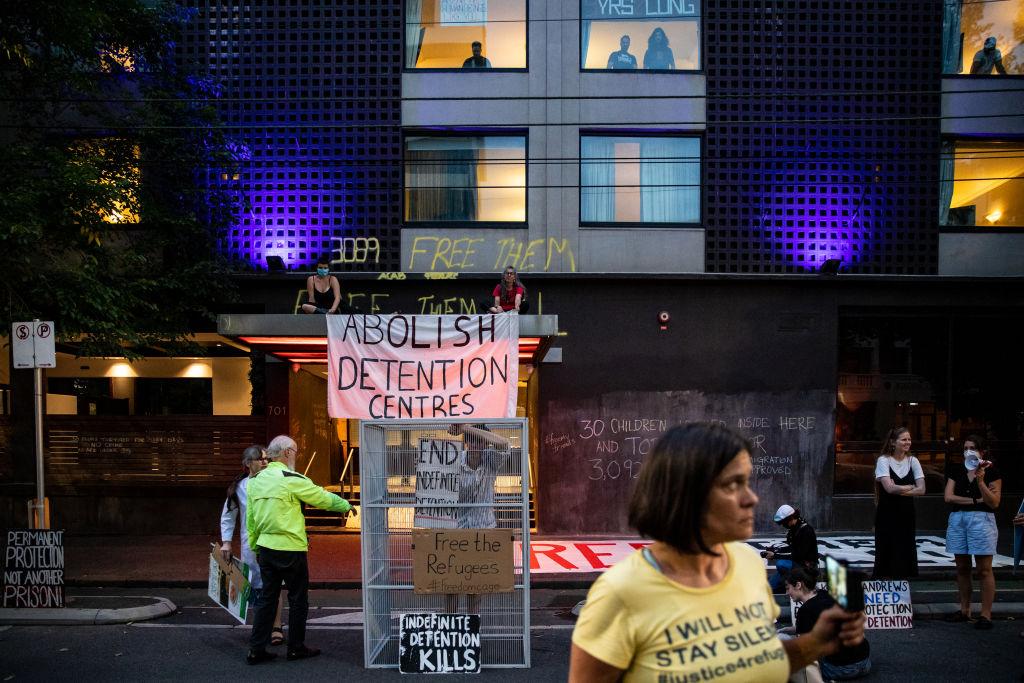An immigration detainee released by the Australian government has been arrested in relation to the alleged aggravated robbery of 73 year-old grandmother Ninette Simons.
Perth grandmother Ms. Simons was knocked unconscious after being punched in the face multiple times after opening the door to several people allegedly impersonating police officers.





